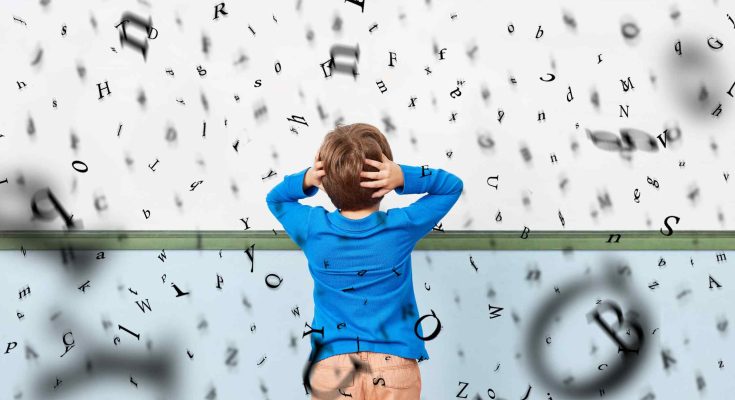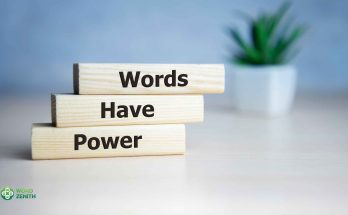Dyslexia, the learning disorder that makes it harder to read, write, and spell is a challenge many face. It involves complications with decoding and recognizing words which result in difficulties with language skills. However, some individuals who have dyslexia turn to word games as a way to get better at these things. In this article we will delve into the journey of one player who uses word games to conquer his dyslexia.
Understanding Dyslexia
Definition and Characteristics
Dyslexia is a neurological condition that affects how our brains process spoken and written language. Individuals may have trouble reading, writing, spelling, or even speaking due to this condition. It’s important to note that dyslexia has nothing to do with intelligence; many people who suffer from it have average or even above average IQs.
Challenges Faced by Individuals with Dyslexia
Reading Difficulties
Those suffering from dyslexia are going to have a hard time reading anything. Decoding words becomes extremely complicated for them.
Writing and Spelling Challenges
Likewise their writing skills will be subpar as well as their spelling abilities. They will find it difficult organizing their thoughts on paper and struggle when trying to spell words correctly.
Low Self-Esteem and Frustration
People who suffer from dyslexia often get down on themselves because of their inability to read properly like everyone else around them can. They constantly feel like they are not good enough compared to others in academic settings.
The Role of Word Games in Overcoming Dyslexia
Benefits of Word Games for Individuals with Dyslexia
Word games offer several benefits for those suffering from dysleixa:
Improving Word Recognition
This is especially big for those struggling with visual representation of letters. Being able to see words repeatedly helps train your brain how certain letters fit together to create words.
Enhancing Spelling Abilities
Many word games require you to spell words correctly, which is something dyslexics are always trying to improve. Through consistent gameplay users will soon realize they can become more confident in writing and communicating with others.
Building Vocabulary
Word games often push players to learn new words and concepts. This will expand their vocabulary, furthering them along the journey of overcoming dyslexia.
Personalized Learning Experience
Word games offer a personalized learning experience for individuals who suffer from this condition. Players can go at their own pace, choosing levels that target specific areas of difficulty each time they play a game. This makes it easier for the player to focus on what they specifically need help with and nothing else.
Case Study: John’s Journey with Word Games
John was diagnosed with dyslexia at age 10. It was quickly noticed by his parents that he had difficulties reading and writing in school. He tried out different forms of support from tutors but ended up needing something more tailored for him. Eventually his parents decided to introduce him to word games as an extra way for him to learn these things.
Initial Challenges
At first John found word games very frustrating because he couldn’t keep up with everyone else around him.. Since he couldn’t recognize or spell words swiftly like the other kids could he would give up. However, his parents wouldn’t allow him to quit no matter how frustrated he got and eventually he began seeing progress through persistence in playing these types of games..
As John kept playing word games, things started to change. He became quicker at recognizing words and spelling them out in his head. His vocabulary began expanding as he saw new words while playing the games.
Increase of Confidence
With every small win in the game, John’s confidence continued to increase. He refused to let dyslexia hold him back from becoming great. As he improved on the word games, his literacy skills grew in other areas too.
Academic Success
John’s commitment towards these games rapidly inclined his reading and writing skills in school. His dedication earned him compliments from teachers and students alike. What was once a leisure activity had become something far more significant for John — a necessary component needed to beat dyslexia.
Tips for Using Word Games to Support Individuals with Dyslexia
Choose Appropriate Games
Get word games that fit their respective age groups. Make sure they aren’t too hard or easy — customizable settings are best.
Focus on Fun and Engagement
Make it fun! It shouldn’t be viewed as a chore but rather something they can look forward to doing with family or friends.
Incorporate Variety
Don’t just stick with one type of word game either! There are so many to choose from and mixing it up will definitely help keep them entertained.
Celebrate Progress
No matter how little progress is made, always acknowledge and reward it! Doing so will make them feel encouraged enough to keep going!
Read More: Family Bonding Over Word Games: Making Learning Fun
Conclusion
For individuals who have dyslexia, word games mean much more than just entertainment — they’re their key to success. Regular gameplay allows everyone involved to improve their word recognition, spelling, and builds up their vocabulary without even realizing it! As John’s journey shows us, all you need is support, persistence, and a willful mind! Incorporating these into educational activities will help push individuals past their limits so that they may thrive academically or anywhere in life really!




